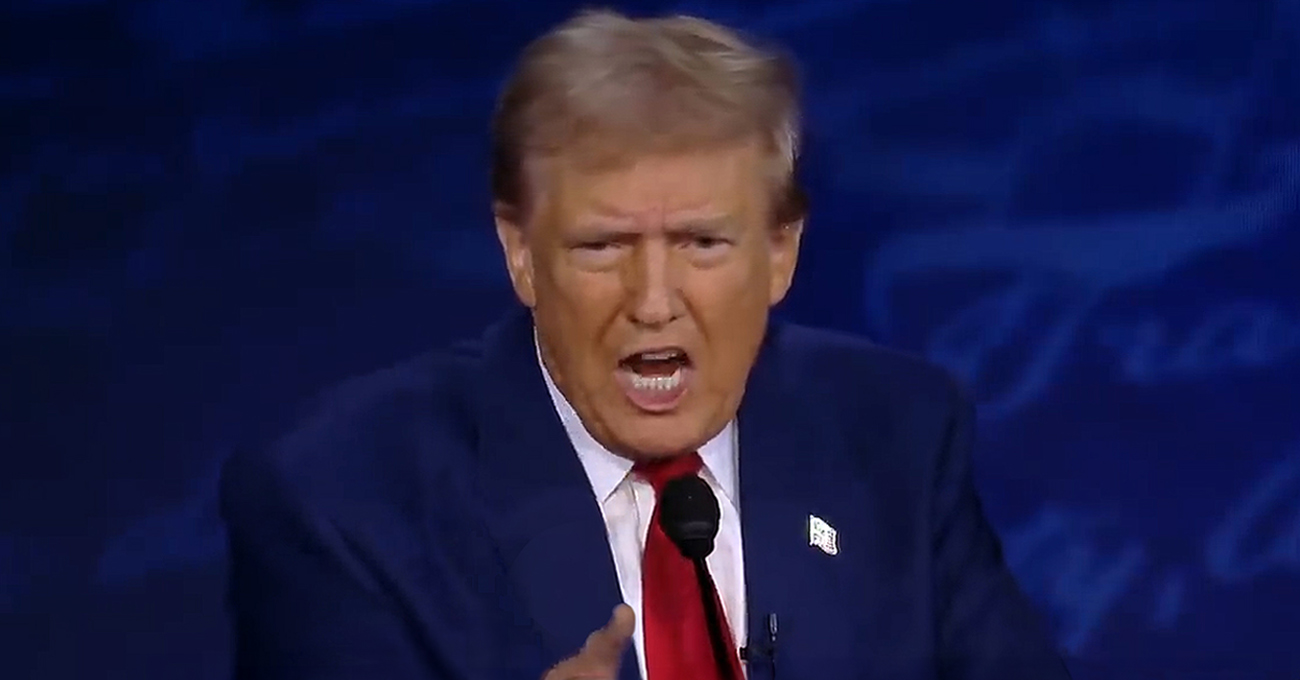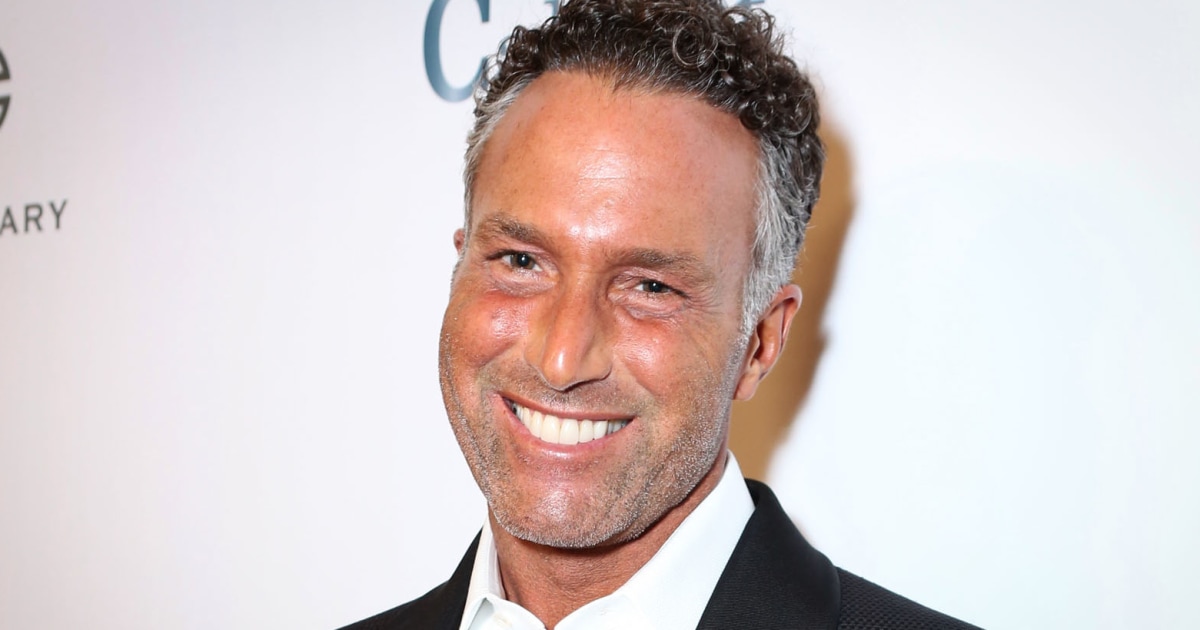Unpacking the Trump Clemency List
Let’s talk about something that’s been making headlines lately: the stories of individuals who received clemency from former President Donald Trump, only to find themselves in legal trouble again. According to an analysis by The New York Times, Philip Esformes is now the seventh person granted clemency by Trump who later faced new criminal charges. This raises serious questions about the effectiveness and consequences of these pardons. It’s not just about the numbers—it’s about the people involved and the ripple effects on the justice system and public trust.
Philip Esformes: A Story of Second Chances Gone Wrong
Philip Esformes, a 56-year-old healthcare executive, was booked early Sunday morning after reportedly verbally threatening a woman described by her relatives as his wife. Esformes, who was pardoned by Trump for his role in a massive Medicare fraud scheme, now finds himself back in the spotlight for all the wrong reasons. This incident highlights the complexities of granting clemency and the potential risks involved when powerful figures intervene in the justice process.
Domestic Violence Charges: A New Chapter in a Troubled Life
A convicted murderer whose sentence was commuted by Trump has once again made headlines, this time for domestic violence. In Florida, a man whose life sentence for killing a police officer was shortened by the former president now stands convicted of assaulting his wife. This case underscores the broader issue of whether clemency should be granted to individuals with violent pasts, and whether these actions send the right message to society.
Read also:Chrissy Teigen And John Legend A Journey Through Love Loss And Triumph
Patterns of Misconduct Among Clemency Recipients
There’s a growing list of Trump clemency recipients who’ve landed in legal trouble again, sparking debates about accountability and justice. Take, for example, a New Jersey con man who was pardoned two years ago. Despite receiving a second chance, he allegedly defrauded investors out of millions of dollars. Then there’s the healthcare executive turned Medicare fraudster who was arrested on his birthday weekend in Miami. These stories paint a troubling picture of individuals who seem to have taken their second chances for granted.
Rebutting Trump's Narrative on Crime
But here’s the thing: while some argue that these cases reflect poorly on Trump’s approach to clemency, others point out that focusing solely on undocumented immigrants who commit crimes ignores the bigger picture. The truth is, there are patterns of misconduct among Trump’s clemency recipients that demand attention. It’s not just about one side of the argument—it’s about addressing the systemic issues that allow such behavior to persist.
Seven Cases Under Scrutiny
Seven individuals granted clemency by Trump have gone on to commit new offenses, drawing an unusual level of scrutiny due to their ties to the polarizing former president. Among them is Scottie Hughes, a former Trump campaign surrogate and political strategist, who joined Dan Abrams Live to discuss these developments. The public is watching closely, asking tough questions about the motivations behind these pardons and the impact on the justice system.
Legal Troubles for Clemency Recipients
The arrest of a Florida man whose life sentence for the death of a police officer was commuted by Trump adds another layer to this complex narrative. This individual, along with others who’ve faced legal troubles post-pardon, highlights the challenges of balancing mercy with accountability. It’s not just about the individuals involved—it’s about the broader implications for the justice system and public trust.
Numbers Don’t Lie: The Clemency Process Under Trump
Of the 237 grants of clemency issued by Trump, only 25 went through the official Office of the Pardon Attorney’s process, which had a backlog of 14,000 applications at the end of his presidency. The rest came to Trump’s attention through an ad hoc process that often benefited those with connections or influence. This raises important questions about fairness and transparency in the clemency process. How do we ensure that second chances are given fairly and justly?
What Does This Mean for the Future?
As we continue to unpack the stories of Trump’s clemency recipients, it’s clear that there’s much to learn from these cases. Whether it’s addressing the root causes of recidivism or reforming the clemency process itself, the conversation is far from over. These stories remind us that second chances are important, but they must come with accountability and a commitment to change. After all, justice isn’t just about giving people a second chance—it’s about making sure they use it wisely.
Read also:Jenna Bush Hager And Brooke Shields Share A Surprising Connection


